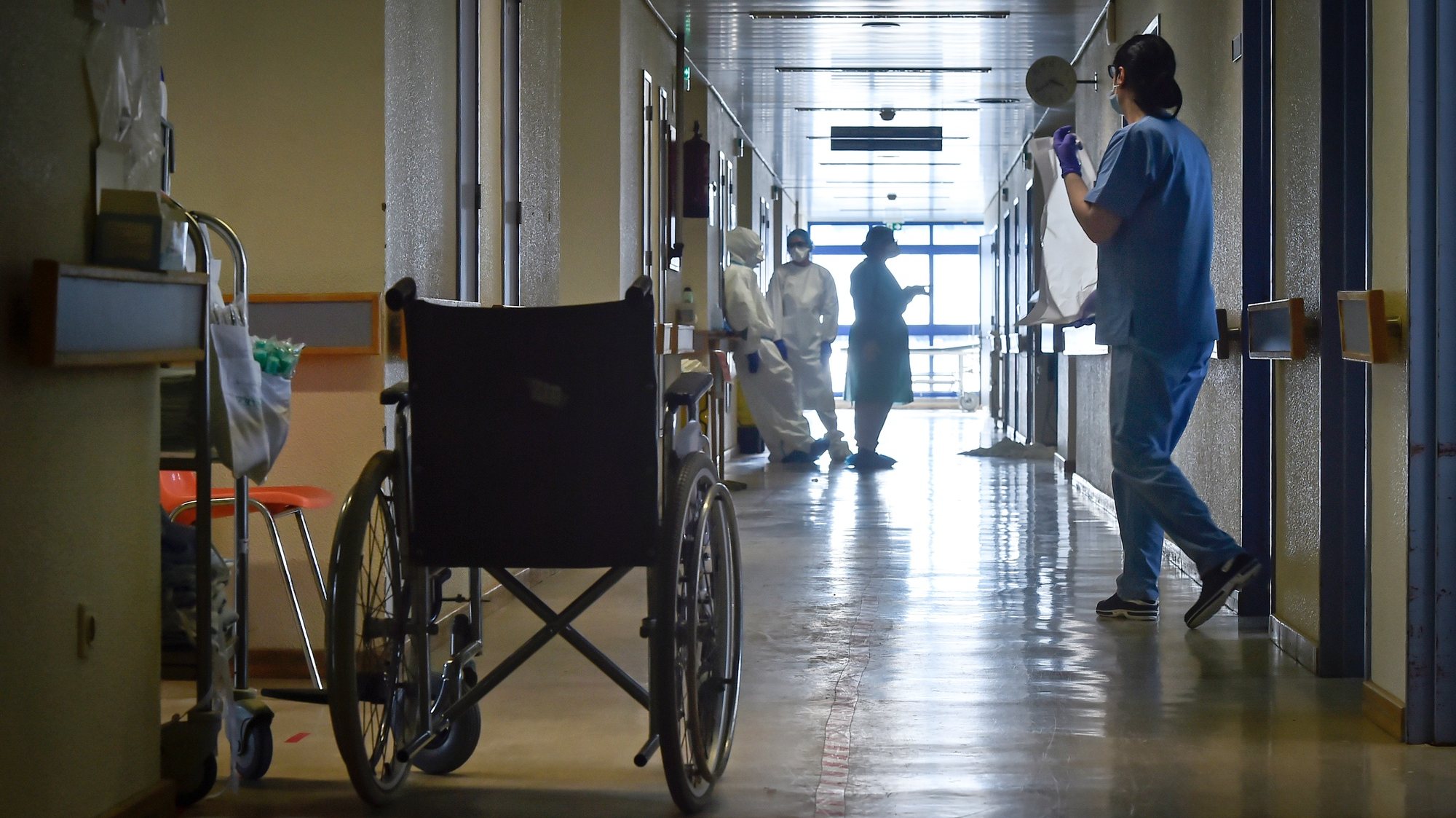The increase in the energy bill also affects the country’s hospital units and is already leading to the implementation of some measures to reduce consumption and increase energy efficiency.
Details are advanced in this Tuesday’s edition of Jornal de Notícias: change of light bulbs, reduced exterior lighting, computers and medical equipment turned off when not in use, solar panels for water heating installed and savings in air conditioning in buildings. It is with some of these measures that the hospitals of the National Health Service try to reduce electricity and gas bills.
Only in the first half of this year, the Centro Hospitalar Lisboa Central —which is made up of the hospitals of São José, Santa Marta, Capuchos, Estefânia and the Alfredo da Costa Maternity— saw the the gas bill will increase by 227% and the electricity bill by 171%, according to J.N.
In Matosinhos, the Local Health Unit recorded a 187% increase in its energy bill. In addition to the health centers in the municipality of Matosinhos, the Pedro Hispano Hospital is also part of the Local Health Unit.
A third of the energy consumed in the Local Health Unit is produced by photovoltaic panels, but the ambition is to go further, taking advantage of the PRR, with the review of lighting with better energy consumption. According to the hospital, for the next year will take a financial reinforcement of 2.5 million euros.
In the Gaia/Espinho Hospital Center, electricity and gas expenses increased by 40% until July and the administration says it is “analyzing the contractual situation.”
Further south, in Leiria, the night lighting of car parks and circulation areas has already been reduced, as well as decorative lights (only emergency lighting remains). In the air conditioning of the space, in summer the temperature will be a maximum of 24 degrees and in winter 20.
But it is not only in the area of energy where the increase in costs is being felt. Hospital administrators have already warned about the increase in debt, with the escalation in prices of goods and services, which push the budgets of the SNS units.
Xavier Barreto, president of the Portuguese Association of Hospital Administrators, warns of the increase in costs “related to logistics chains” that affect “practically everything”.
The executive director of the Portuguese Association of Medical Devices (Apormed), João Gonçalves, says that it is necessary to create a “more structured” solution, through a temporary exception regime, identical to the one published before the summer for public works and foresees that companies increase the price of contracted products by 20%.
Source: Observadora
